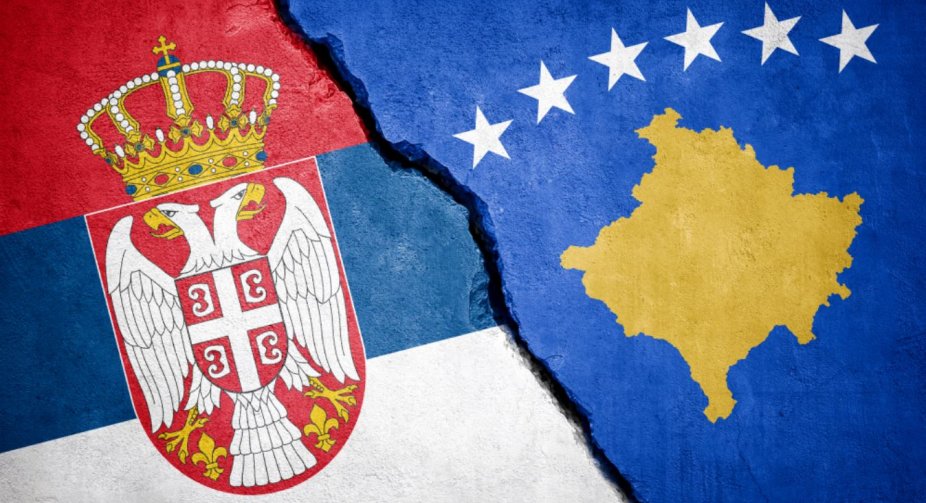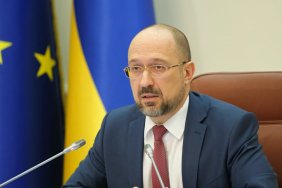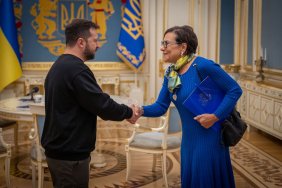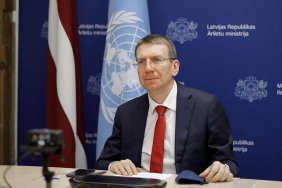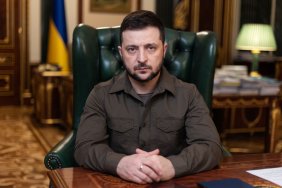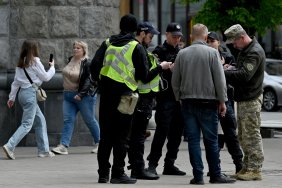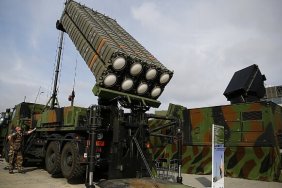The United States and the European Union said on Wednesday that Kosovo must back down in a tense standoff with Serbs in the country's north or face repercussions from its longtime Western allies.
This is reported by Reuters.
The warnings came as US and EU envoys wrapped up visits to Kosovo and Serbia to try to calm tensions that turned violent last week and left dozens of NATO peacekeepers and Serbian protesters wounded in northern Kosovo.
The escalation occurred after the Kosovo authorities appointed ethnic Albanian mayors to municipal positions. The mayors were elected with a turnout of just 3.5% after the region's majority Serbs boycotted local elections.
The US ambassador to the Western Balkans, Gabriel Escobar, has said that Kosovo must give more autonomy to municipalities with a Serbian majority if it wants to move closer to joining NATO and the EU.
"The actions taken or not taken can have certain consequences that will affect part of the relationship (between Kosovo and the US), and I don't want that to happen," Escobar said.
He and EU representative Myroslav Lajcak did not specify what other consequences the ethnic Albanian-dominated government of Kosovo Prime Minister Albin Kurti might face if he does not agree to their demands.
"I don't think these things are solved by pressure and mentioning consequences and even sanctions," Kurti said.
"We have problems with EU and US envoys, but our bilateral relations with the EU and the US are excellent," he added.
Lajcak said on Monday that the ambassadors presented Kurti with proposals to de-escalate the situation in northern Kosovo, adding that they had a "long, honest, difficult discussion".
The US and the EU called on Kurti to recall the mayors from their positions and withdraw special police units from the northern municipalities.
They also called for new local elections in the north with Serb participation and urged Kosovo to implement a 2013 agreement to create an association of Serbian municipalities to give the community more autonomy.
A Kosovo official told Reuters that Western countries, which have been staunch supporters of the country's independence since it officially broke with Serbia in 2008, had warned Kurti that Kosovo could face numerous punitive measures.
Last week, Washington canceled the country's participation in the US-led Defender Europe military exercise.
There are about 4,000 NATO troops in Kosovo, and in response to the escalation of tensions, a decision was made to deploy an additional 700 troops.
Kosovo is reportedly open to holding new elections in four Serb-majority northern municipalities after the unrest, but a number of steps need to be taken before that happens.
